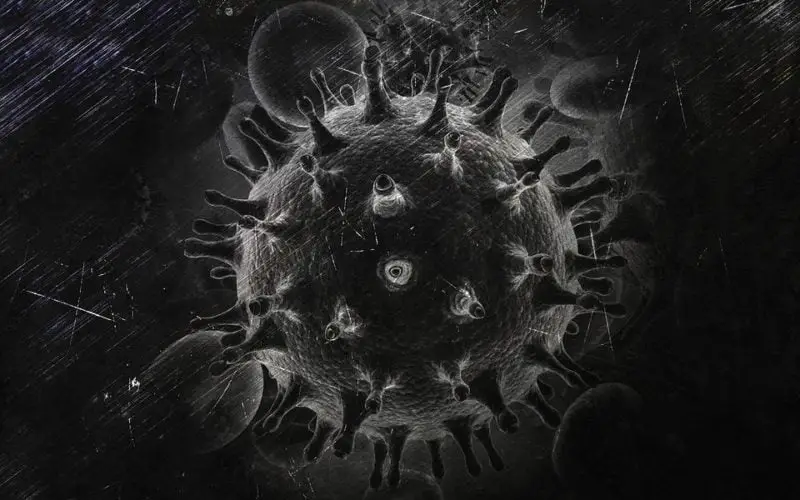By Arwa Lodhi
Think ‘food poisoning’ and you’re probably thinking foods that no vegan would ever touch: mayo in the hot sun, uncooked eggs, raw chicken and meat and that harbinger of diarrhea, seafood. But guess what? Vegans get food poisoning, too. In fact, I once got it BAD from….tofu! Yes, seriously. It tasted a bit fermented, but since it was in a spicy curry, I barely noticed. After that, though – well, let’s just say I’ve learned to be way more careful.
Because it’s not just food poisoning that we can come down with from vegan food – there are loads of other illnesses we can get from bacteria that doesn’t wash off fruits and veggies, like norovirus, for example.
A vegan diet is still the safest one to eat if you’re worried about food poisoning (I mean, sorry, but eating dead animals is kind of just asking for it, IMHO), but you need to know a few simple rules if you want to stay super healthy.
How Vegans Can Avoid Food Poisoning
1. Think twice about rice
Apparently, the worst vegan food for getting you sick is (surprisingly?) RICE. This simple grain can be infected with Bacillus Cereus, which are tiny spores that can survive easily in dry conditions like a packet. When you cook the rice, the spores are activated. That’s fine while it’s steaming hot – then they won’t hurt you. But if you leave the uncooked rice in the pot on the stove, then decide to make a ‘rice salad’ or sushi or something uncooked the next day, well, you’re setting yourself up for food poisoning. Leftover rice has to go in the fridge it as soon as possible, and must be reheated and eaten within three days.
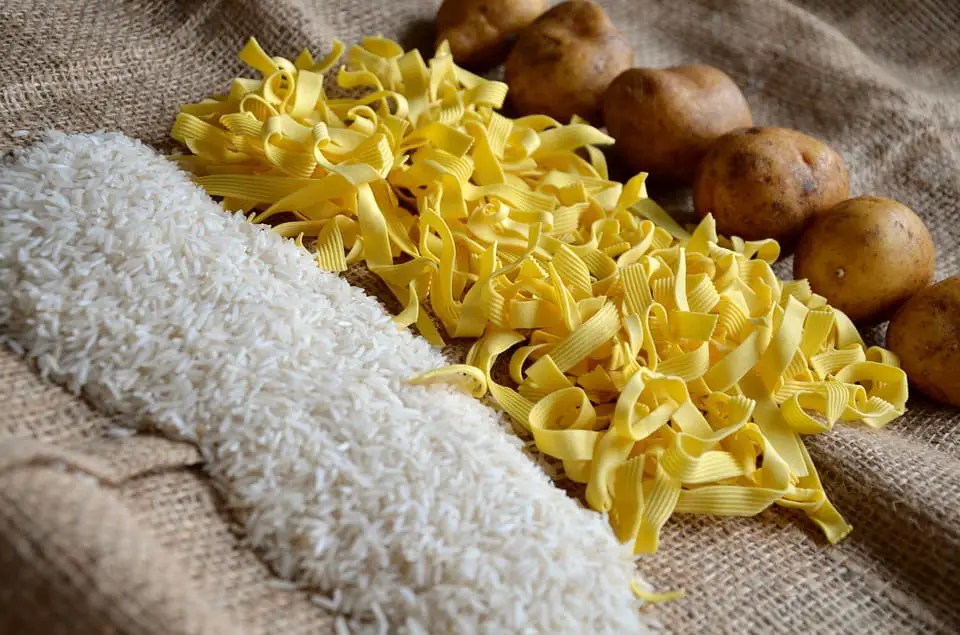
2. Lettuce wash our veggies carefully
Fresh produce like lettuce, celery and tomatoes carry the risk of salmonella and E. coli – which can cause vomiting, diarrhoea and stomach cramps – in fact, anything that grows on the ground can have E. coli on it because it lives in soil, so the veggies have got to be washed pretty well, especially if they’re coming from a farmer’s market rather than a supermarket. That being said, even if supermarket veggies are washed well, that’s done with chlorine – and plenty of it. Which means you should be washing that off, too.
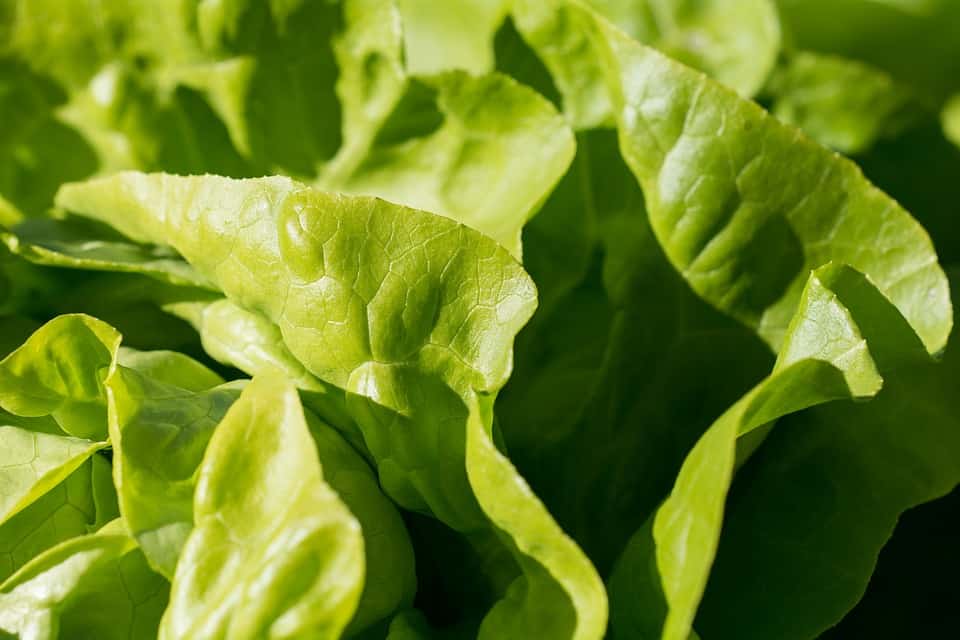
3. Be careful with packaged juice
Unpasteurized packaged juices can sometimes contain fruits and vegetables that haven’t been washed properly, so you’re putting yourself at risk of E. coli. In fact, there was a huge outbreak of such food poisoning in 1996 from unpasteurized Odwalla apple juice.
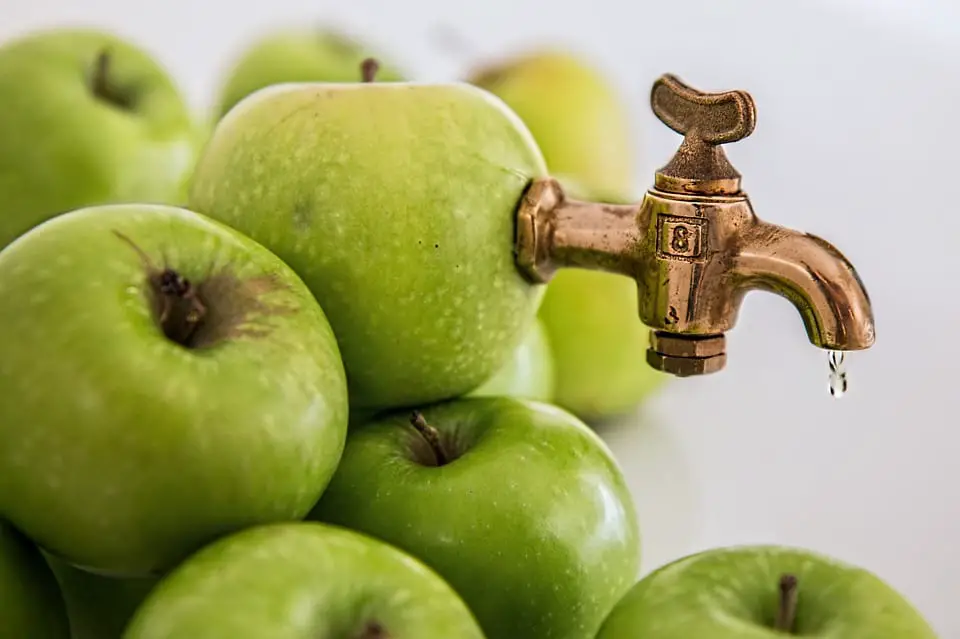
4. Avoid pre-washed or precut fruits and vegetables
The more a food is handled and processed, the more likely it is to pick up bacteria that can cause food poisoning. Pre-cut and even pre-washed fruits and veg can carry listeria, a bug that gives us food poisoning. Marks and Spencer’s pre-washed salads were full of the stuff, causing loads of people to come down with food poisoning a few years ago. When the pre-packaged salad bag says ‘wash before eating’, just do it!
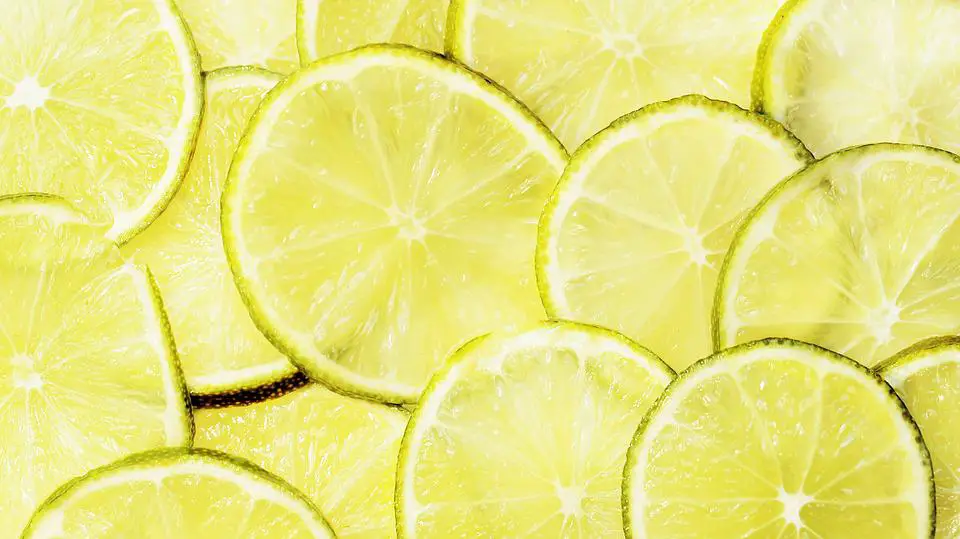
5. Doubt the sprouts
Sprouts can be contaminated with bacteria such as E. coli, listeria, and salmonella because to produce them, seeds are soaked then kept moist for several days until they sprout – and these conditions are perfect for bacteria growth. But don’t worry – cooking sprouts largely decreases the bacteria risk.
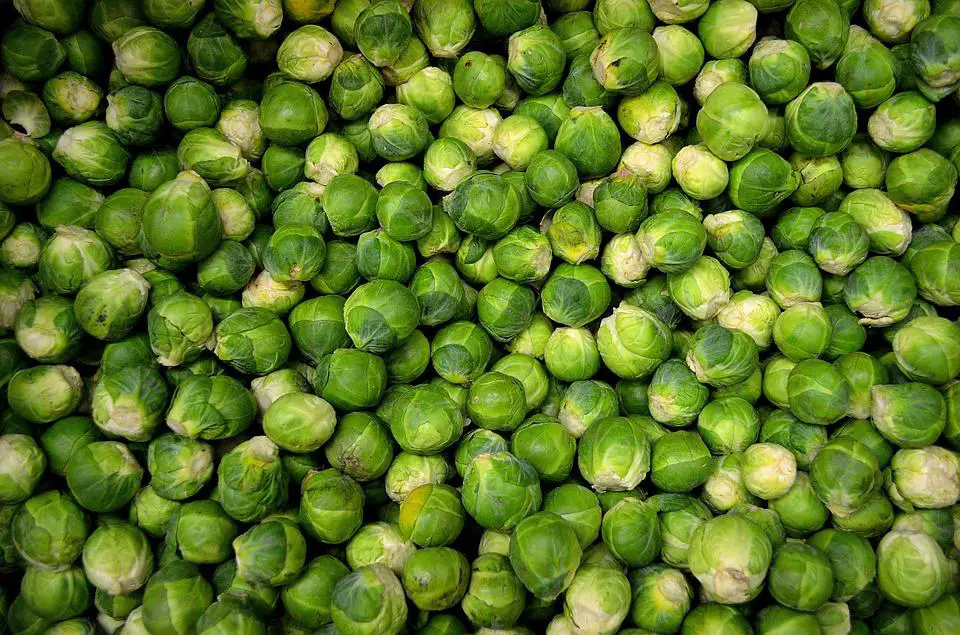
6. Hold on the mold
A lot of us are prone to just cutting out a bit of mold when we see it on bread or fruit, and normally, that may be fine: some of the mold may just be benign. But there could also be mycotoxins, or fungal poisons, as well as gangrenous ergotisms, alimentary toxic aleukia, Stachybotrys chartarum or aflatoxicosis – fancy words for bacteria that could make you so sick, you could die. Also note that if you see mold on bread, it probably means the whole piece or even the whole loaf is contaminated – there have to be a lot of mold spores present before you’ll see it, so even though the rest of the bread may look fine – better safe than sorry!
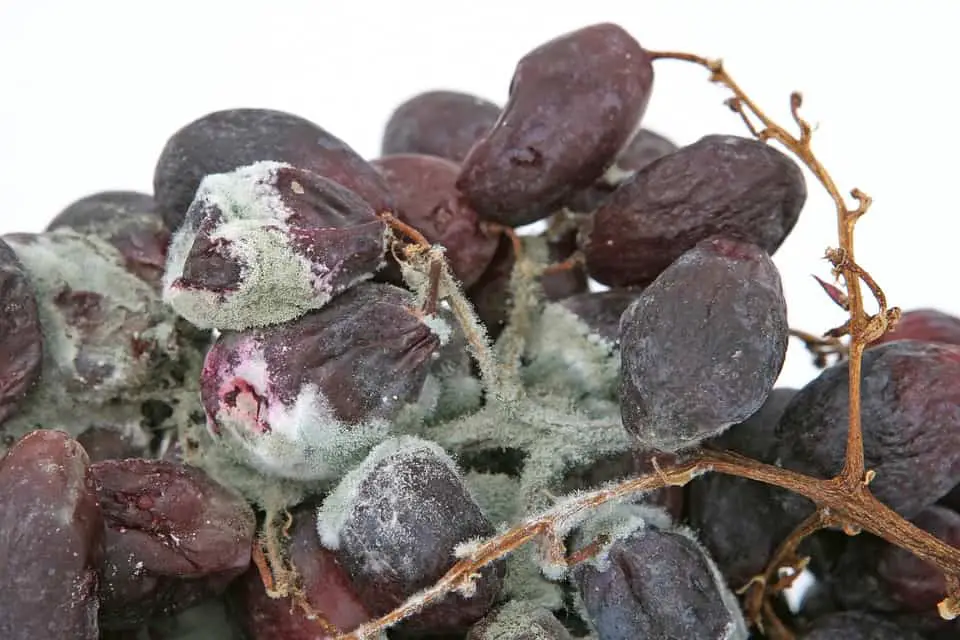
7. Watch the date
As I learned all too well, certain vegan foods like tofu can indeed go off. Be careful with pre-packaged vegan foods and sushi, for example. Expiry dates are essentially a guideline (there’s no real science to them), but if something tastes fermented, has little bubbles in it or smells bad, just throw it out
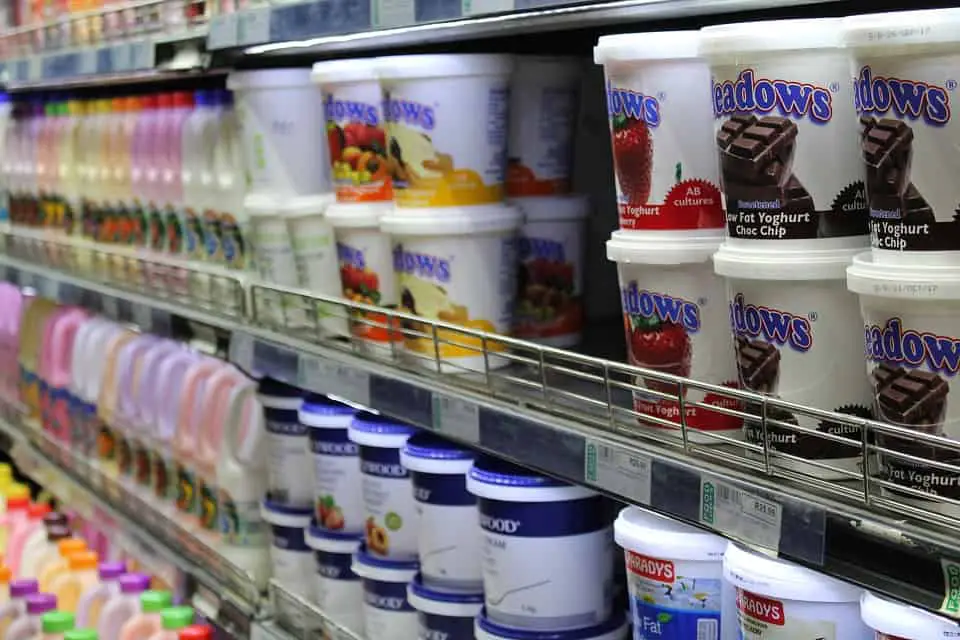
When in doubt, always wash vegetables well – soaking them in a sink full of water with few drops of iodine, apple cider vinegar or colloidal silver kills most bacteria dead. You should also wipe down cutting boards with hot, clean cloths and dry them well afterwards.To learn more about food hygiene and preparation, you can attend cooking classes offered by Cozymeal or other local cooking classes and get some training from professional chefs.
- 20+ Super Easy Vegan Cookie Recipes - May 6, 2024
- Can Recycled Plastic Clothing Do More Harm Than Good? - May 5, 2024
- ba&sh Is Sustainable At Last! Here’s Why - May 3, 2024
